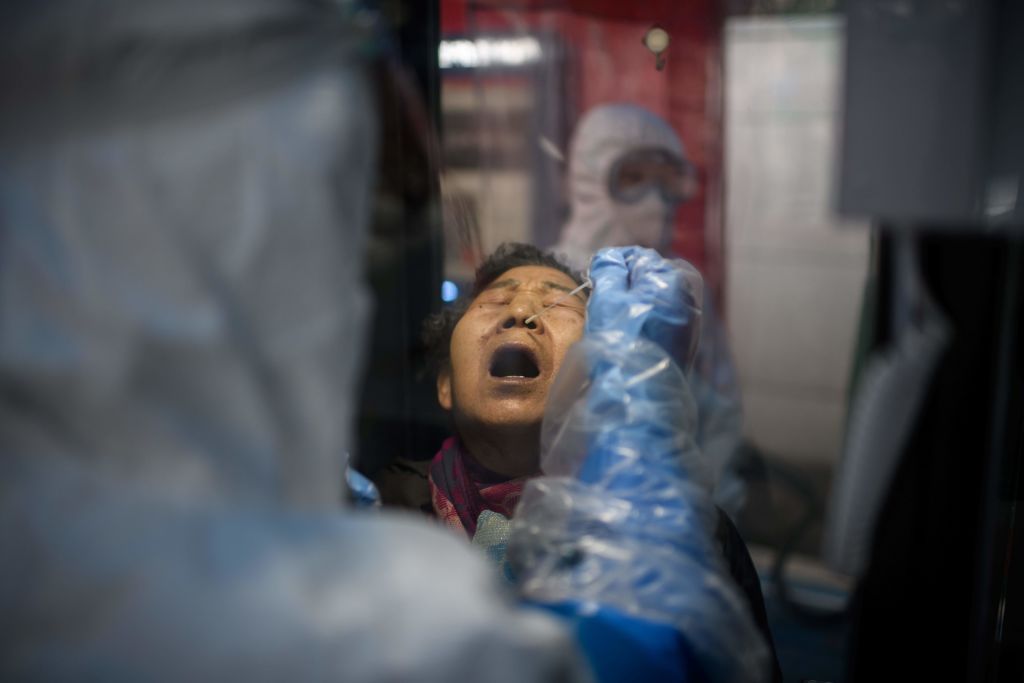A week ago, the World Health Organization issued a warning which, if it were true, would constitute the most depressing-yet development in the story of COVID-19. It said that there was ‘no evidence’ that people who have already been infected with the disease, and who have developed antibodies as a result, have gained any immunity from further infection. The warning seemed to tally with news from South Korea that 263 people who had already had the disease appeared to have become reinfected. If antibodies to SARS-CoV-2 — the virus which causes COVID-19 — do not prevent you from further infection it would suggest that we could never develop herd immunity from the disease. Moreover, waiting for a vaccine is likely to prove a fruitless exercise.
But now it seems that the Korean patients have not been reinfected at all. The country’s central clinical committee of emerging disease control, reported in the Korean Herald says it believes that tests were not picking up newly-acquired infection — they were picking up fragments of dead virus from the original infection. To be precise, the tests were picking up ribonucleic acid from the dead virus.
If infection from COVID-19 did not offer resistance against reinfection we would surely have some indication of this by now. According to the WHO a million people around the world have officially now recovered from the virus — although the real number is likely to be many multiples of this. But few claimed cases of reinfection have emerged. Besides the 263 Koreans, there has been a report of four Chinese patients who had recovered, tested negative for the virus — only to test positive for it once more a few days later.
That case caused some concern that some patients may have been discharged from hospital soon and that they might still be infectious in spite of having recovered from their symptoms, but there was no suggestion of reinfection — what it really showed is that tests for the virus not being 100 percent accurate and that people recovering from the virus might test negative one day and positive the next.
While the WHO might technically be accurate in saying there is no evidence that COVID-19 sufferers develop an immunity from the disease — in that we don’t yet have a large population-wide study proving that — there is no evidence that people are being reinfected with the disease, either. On the contrary, the absence of documented cases of reinfection indicates that sufferers most likely are gaining immunity.
This article was originally published on The Spectator’s UK website.


















